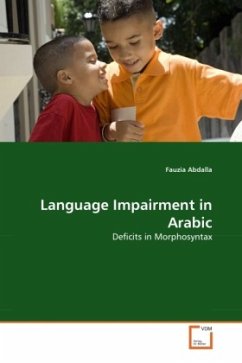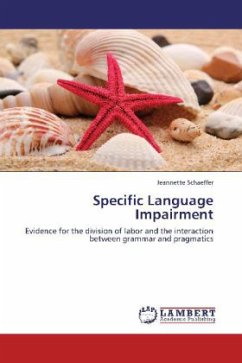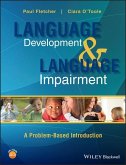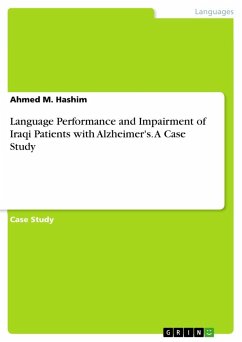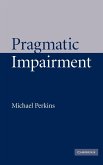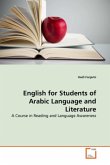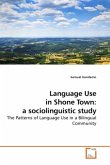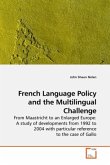Over the last few decades, the field of communication disorders has witnessed rigorous investigations into the nature of Specific Language Impairment. Grammar has occupied a central place in many explanatory accounts of SLI due to marked difficulties in morphosyntax. Although most work in SLI has focused on English, more recently, investigations have been expanded to include other languages with the aim of distinguishing language-specific manifestations from universal aspects of SLI. This work contributes to this line of research by examining morphosyntax in Arabic-speaking children with SLI:tense, subject-verb agreement, determiners and prepositions. Spontaneous production data were analyzed for accuracy and error types in using these morphemes. Two groups of typically-developing Arabic-speaking children served as language and age controls. Results indicate that the children with SLI were significantly different from the control groups on correct use of tense and agreement.Substitute error for verbal inflection was a default form. Findings are discussed in light of existing theoretical accounts of SLI. Clinical implications for SLI in Arabic and research directions are explored.
Bitte wählen Sie Ihr Anliegen aus.
Rechnungen
Retourenschein anfordern
Bestellstatus
Storno

